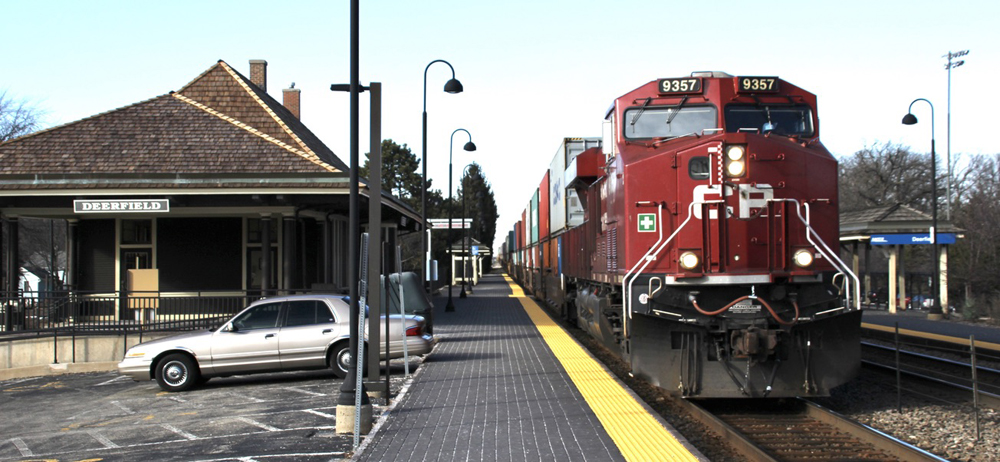
CALGARY, Alberta — Canadian Pacific Kansas City today lowered its outlook for the year after a third quarter that saw broad-based volume declines.
“No doubt a challenging quarter as we dealt with a softer demand environment and supply-chain impacts from the strike at the Port of Vancouver,” CEO Keith Creel told investors and analysts on the railway’s earnings call this afternoon.
As a result, CPKC reduced its earnings guidance: It now expects its combined earnings per share to be flat to slightly positive for the full year. Prior guidance was for earnings per share to grow by 4% to 6%.
The two-week dockworker strike at Canadian West Coast ports put a dent in CPKC’s international intermodal volume, which fell 10%. U.S.-bound container volume was diverted away from Vancouver to U.S. ports during the July strike, and has not yet returned. Domestic traffic was off, too, despite growth in the railway’s new flagship Chicago-Mexico premium intermodal service.
But Creel says CPKC’s long-term outlook — for robust merger-related volume, revenue, and earnings growth — remains intact despite short-term challenges. “It’s not the challenges that define us but how we respond,” Creel says.
CPKC, which was created through the April 14 merger of Canadian Pacific and Kansas City Southern, is for comparison purposes reporting financial results as if the merger occurred a year earlier. On that basis, CPKC’s third-quarter operating income declined 8%, to $1.27 billion, as revenue declined 4%, to $3.3 billion. Earnings per share declined 9%, to 92 cents.
The railway’s operating ratio rose 1.9 points, to 61.7%, on a combined basis.
Overall volume declined 5% on a carload basis, or by 3% when measured by revenue ton-miles, the preferred metric of the Canadian railways. The only business segments to grow in the quarter, on a revenue ton-mile basis, were automotive (up 11%), grain (up 9%), and coal (up 7%).
CPKC’s Mexico operations showed a dramatic improvement. KCS de Mexico was snarled when CP took over in April and had remained congested since. But between July 30 and Oct. 8, average train speed improved 31%, terminal dwell was down 14%, and car-miles per day rose 22% thanks to the work of a Mexico task force of more than 100 employees that is being led by Chief Transformation Officer John Orr.
“This effort was monumental,” Creel says.
The combined railway showed a 35% improvement in the personal injury rate during the third quarter and a 9% reduction in the train accident rate.







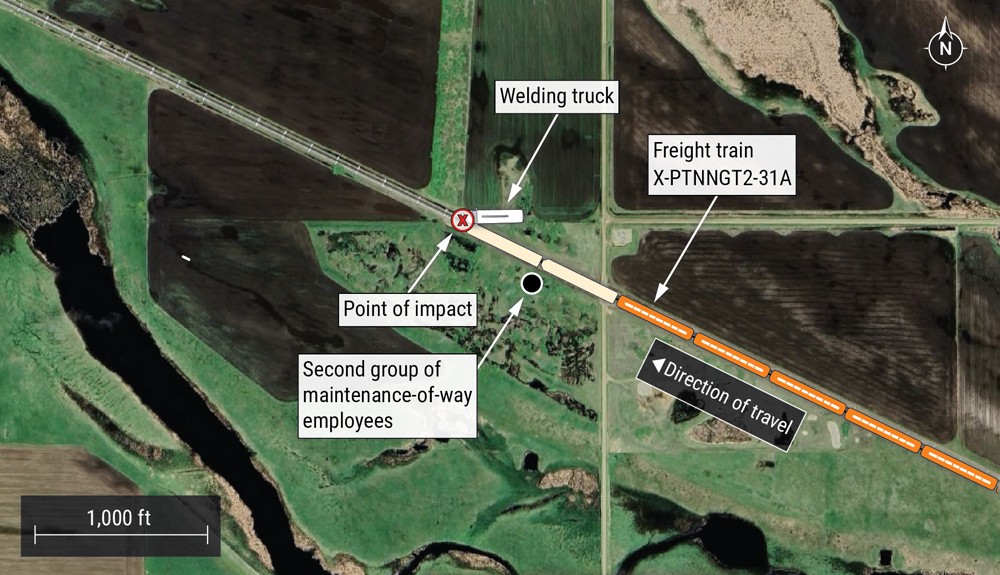
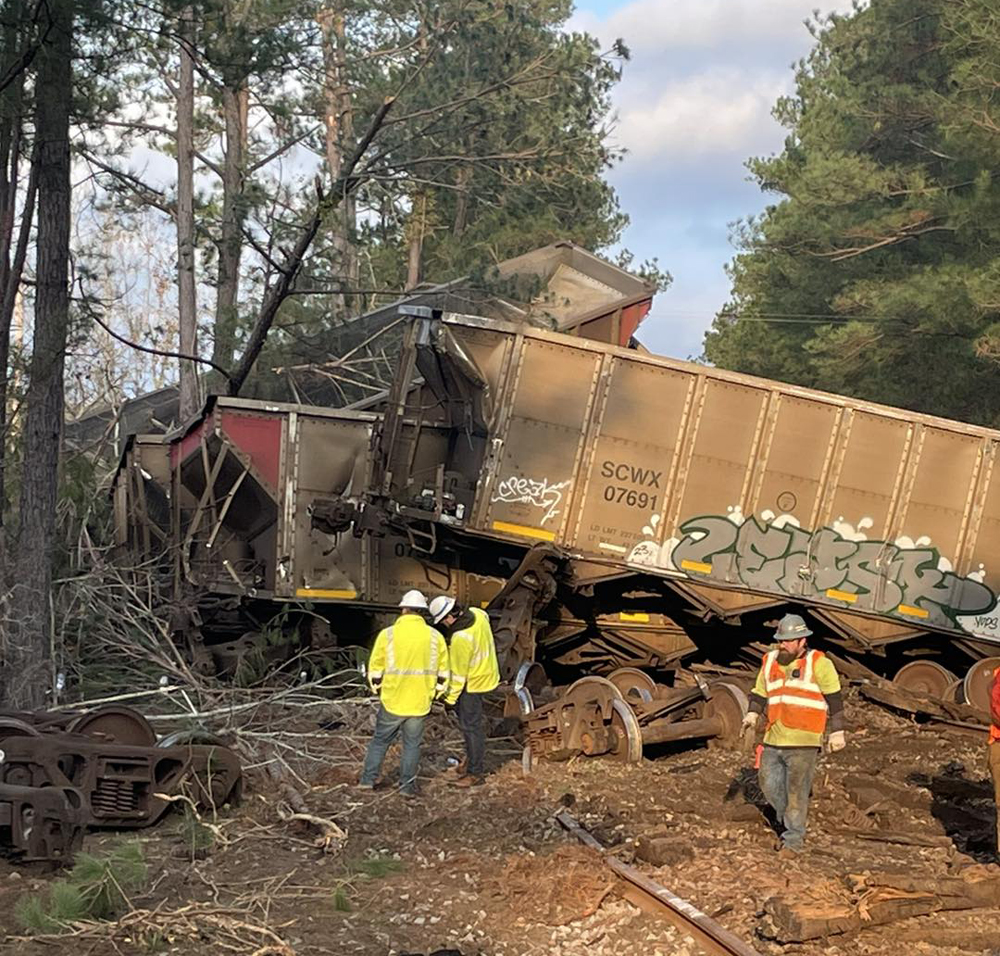
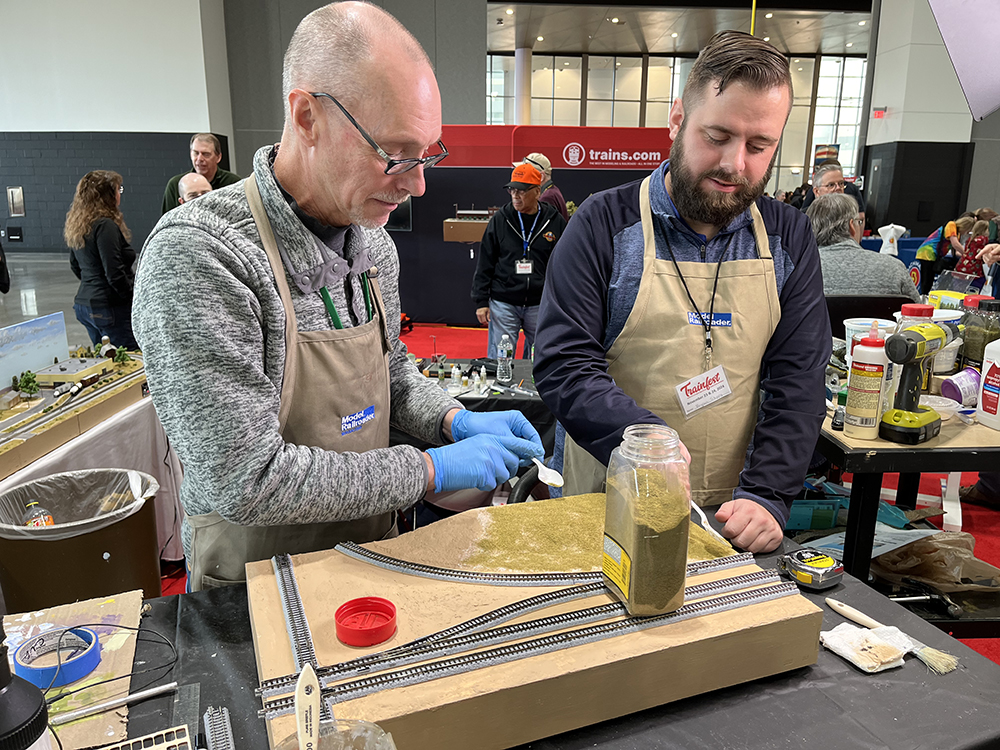
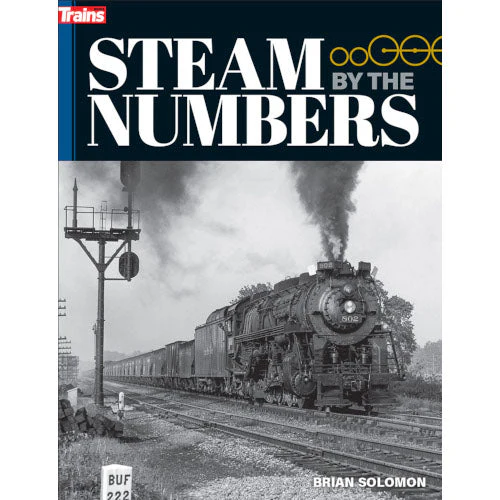


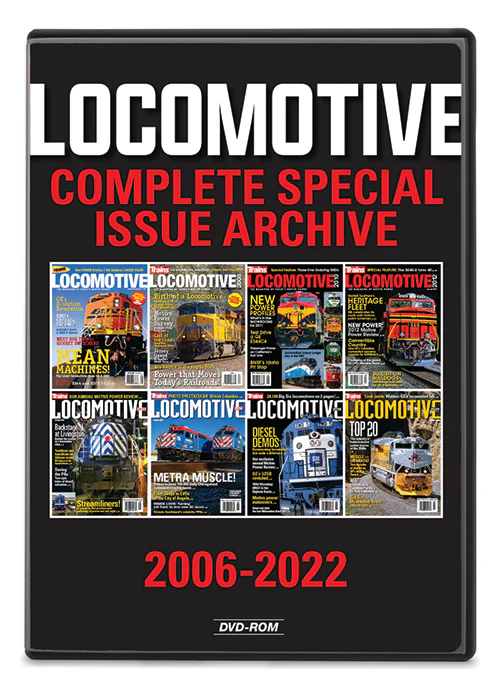
when you already have bad service and it continues to get worse, if that’s even possible, of course earnings will be down. you can’t grow if you continually chase away business and you only give once a week service to the ones you have left.